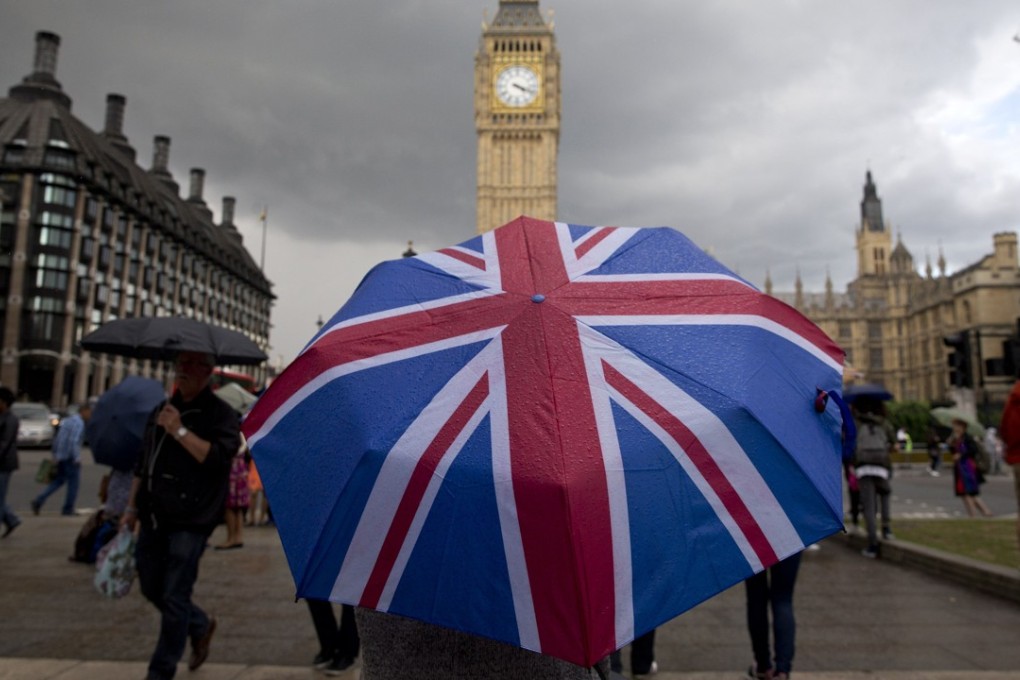EdTalk | UK universities and the ‘Brexit effect’
- How will things change when Brexit finally arrives next March, and how concerned should potential Hong Kong applicants be?

Are you as confused as I am by all the Brexit news: Hard Brexit, Soft Brexit, No Deal, Back Stop, No Back Stop? Nearly two and a half years on from the referendum, it seems that clarity regarding Britain’s departure from the EU is as elusive as ever. The 21-month transition period up to the end of December 2020 recently agreed on by negotiators only seems to prolong the agony. Higher education has not escaped from that uncertainty and the worries that go with it.
What UK universities have always known is where their worries lie: in EU student enrolment; in recruitment and retention of EU staff – teaching, research and ancillary – and in research partnerships and funding from the EU.
So, how is it panning out?
EU Student Enrolment
There are an estimated 135,000 EU students currently attending UK universities. The free movement of people within the EU and, in particular, the fact that EU students enjoy “home” fee status and accessibility to student loans, has encouraged a growth in such numbers. EU students are also attracted by the strong reputation of certain UK universities and these enrolment numbers tend to be highest by percentage in the elite Russell Group universities.
As yet, these numbers haven’t fallen significantly because the “home” fees and loans have been guaranteed for the duration of their courses for those enrolling up to and including the 2019/20 academic year. That doesn’t remove the uncertainty of what will happen post-Brexit, when EU students have to pay international fees that are at least twice as high, with no access to loans; not to mention stricter immigration controls. Once that is the case, talented and relatively affluent EU students will look more carefully at the other options open to them in the rest of Europe, Canada, Australia and the US.
Not surprisingly, MillionPlus an association of 20 UK universities, has called upon the government to introduce a reciprocal fee arrangement with European universities, once Brexit takes effect.
EU Teaching and Research Staff
EU academics currently make up 17 per cent of the staff in UK universities and the proportion is closer to 25 per cent in the more selective research institutions. As Stuart Croft, Vice-Chancellor of Warwick University emphasised in a recent article in The Guardian, “We are desperate to preserve those intellectual connections across the continent as they have been so important in defining what we are as universities. We are open, engaged European universities. It is part of our DNA.” He also pointed out some of the more practical difficulties such as patenting joint innovations when intellectual property regulations are different, post-Brexit.
